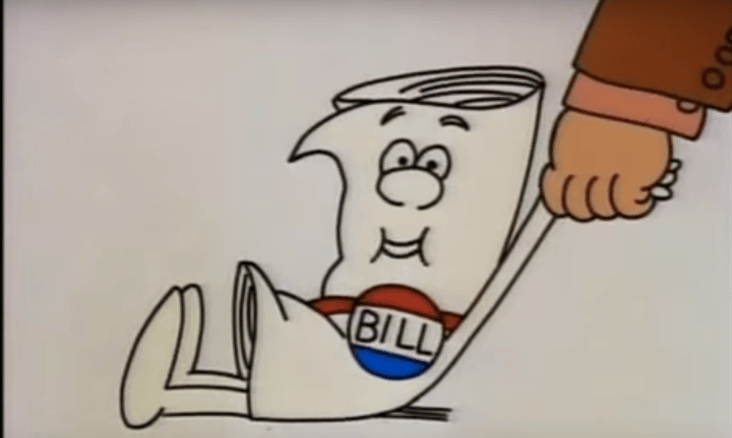
Dylan Reed and Arvin Ganesan
Recent Posts
Neither resilience nor reliability can justify the rescue of outmoded power plants

How Grid Governance Stands in the Way of Advanced Energy Progress

As we know, the electric power grid is undergoing a shift from a traditional, centralized electricity system powered by conventional resources to a distributed, diverse system. The advanced energy technologies driving this shift give consumers more choices, improve reliability, and drive down costs for everyone. As this transition occurs, the rules governing electricity markets need to keep up. To fully realize the benefits advanced energy has to offer, we need electricity markets that treat all resources equally, and properly assign value to each of services they provide. Ensuring that markets are fair, transparent, and technology-neutral begins with the governance structures of the seven major grid operators in the United States.
A new paper, Regional Energy Markets: Do Inconsistent Governance Structures Impede U.S. Market Success?, commissioned by AEE member E4TheFuture, outlines how each Regional Transmission Organization (RTO) and Independent System Operator (ISO) operates and how advanced energy companies are able – or not able – to participate in this governance. The focus of the report is the variability between these state and regional entities, which E4TheFuture concludes “make[s] achieving a truly consistent and well-functioning energy market on a national level almost impossible.” But it also shows that the way these grid managers are governed stands in the way of some advanced energy technologies being able to compete on a level playing field with traditional generation and transmission technologies.
Topics: Federal Priorities
‘I’m Just a Bill’ – But Thanks to Appointment of Conference Committee, This One Might Become Law

Over the last 18 months, the 114th Congress has considered hundreds of bills, debated many policies, and passed legislation, at least in one chamber or the other. This Congress has even approved some measures crucial to the advanced energy industry. Specifically, the extensions of the Production Tax Credit (PTC) and Investment Tax Credit (ITC) provide the certainty that many AEE member companies need to plan and thrive over the coming years – even if those extensions left out some other advanced energy technologies, such as fuel cells, combined heat and power, and storage.
But now, all eyes are focused on the energy bills passed separately by the House and the Senate. While the measures are miles apart in terms of scope, ambition, and politics, this week lawmakers ignited hope that a consensus, or at least compromise, bill may land on the President’s desk. But it wouldn’t be Congress if they weren’t going to wait until the last minute. The process moving forward is not a Madisonian delight, but it is at least starting to resemble the Schoolhouse Rock version of lawmaking.
Topics: Federal Priorities
Senate Passes Bipartisan Energy Bill; FERC Looks at Storage

Just last week, we were ready to say that the Senate had experienced a failure to communicate on energy policy. Momentum had been building to include an energy tax title to the Federal Aviation Administration re-authorization bill, which would have addressed advanced energy technologies left out of the year-end extension of tax credits, but the politics turned sour on the tax provisions. While one bill sank under political pressure, however, the long-stalled energy bill suddenly sprang to life, and passed the Senate in bipartisan fashion. Can this spirit of bipartisanship carry this bill all the way to becoming law? Here is our take.
Topics: Federal Priorities
Top Federal Policy Issues to Watch in 2016

The dust has barely settled after a major tax extenders package, which included some provisions for the advanced energy industry, was passed at the end of last year. However, a presidential election year means a short Congressional calendar and potential fast action from the outset of this new year. With the first week of 2016 in the books, AEE looks ahead to the top four federal policy issues to watch in the advanced energy industry.
Topics: Federal Priorities